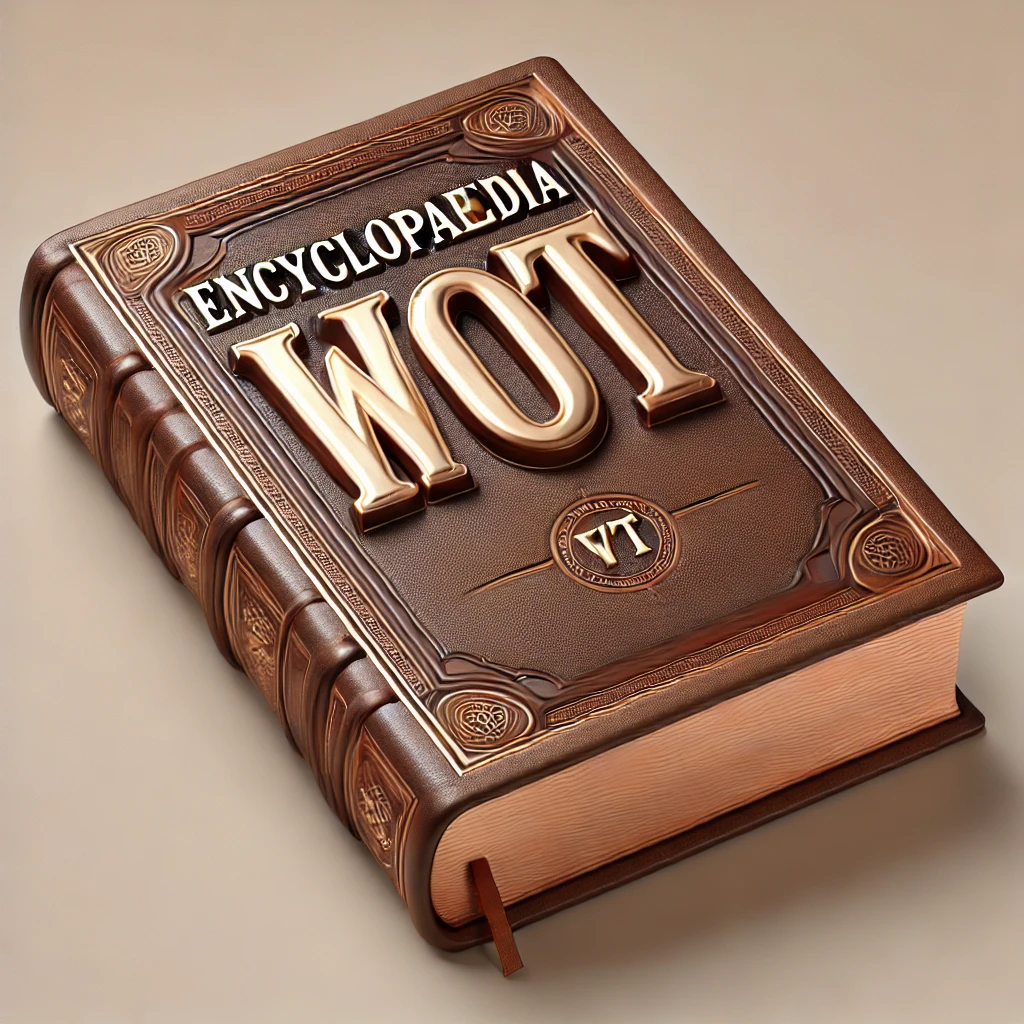This page (revision-24) was last changed on 05-Sep-2021 11:36 by Administrator
This page was created on 05-Sep-2021 06:24 by Administrator
Only authorized users are allowed to rename pages.
Only authorized users are allowed to delete pages.
Page revision history
| Version | Date Modified | Size | Author | Changes ... | Change note |
|---|---|---|---|---|---|
| 24 | 05-Sep-2021 11:36 | 21 KB | Administrator | to previous | |
| 23 | 05-Sep-2021 11:35 | 21 KB | Administrator | to previous | to last | |
| 22 | 05-Sep-2021 10:40 | 21 KB | Administrator | to previous | to last | |
| 21 | 05-Sep-2021 10:33 | 21 KB | Administrator | to previous | to last |
 );
background-size: contain;
background-repeat: no-repeat;
background-position: center;
height: 40px;
width: 40px;
color: black;
);
background-size: contain;
background-repeat: no-repeat;
background-position: center;
height: 40px;
width: 40px;
color: black;
 ); }
.blue:after {margin-left: 0.15em; content:url(
); }
.blue:after {margin-left: 0.15em; content:url( ); }
.brown:after {margin-left: 0.15em; content:url(
); }
.brown:after {margin-left: 0.15em; content:url( ); }
.gray:after {margin-left: 0.15em; content:url(
); }
.gray:after {margin-left: 0.15em; content:url( ); }
.green:after {margin-left: 0.15em; content:url(
); }
.green:after {margin-left: 0.15em; content:url( ); }
.red:after {margin-left: 0.15em; content:url(
); }
.red:after {margin-left: 0.15em; content:url( ); }
.white:after {margin-left: 0.15em; content:url(
); }
.white:after {margin-left: 0.15em; content:url( ); }
.yellow:after {margin-left: 0.15em; content:url(
); }
.yellow:after {margin-left: 0.15em; content:url( ); }
.amyrlin:after {margin-left: 0.15em; content:url(
); }
.amyrlin:after {margin-left: 0.15em; content:url( ); }
); }






